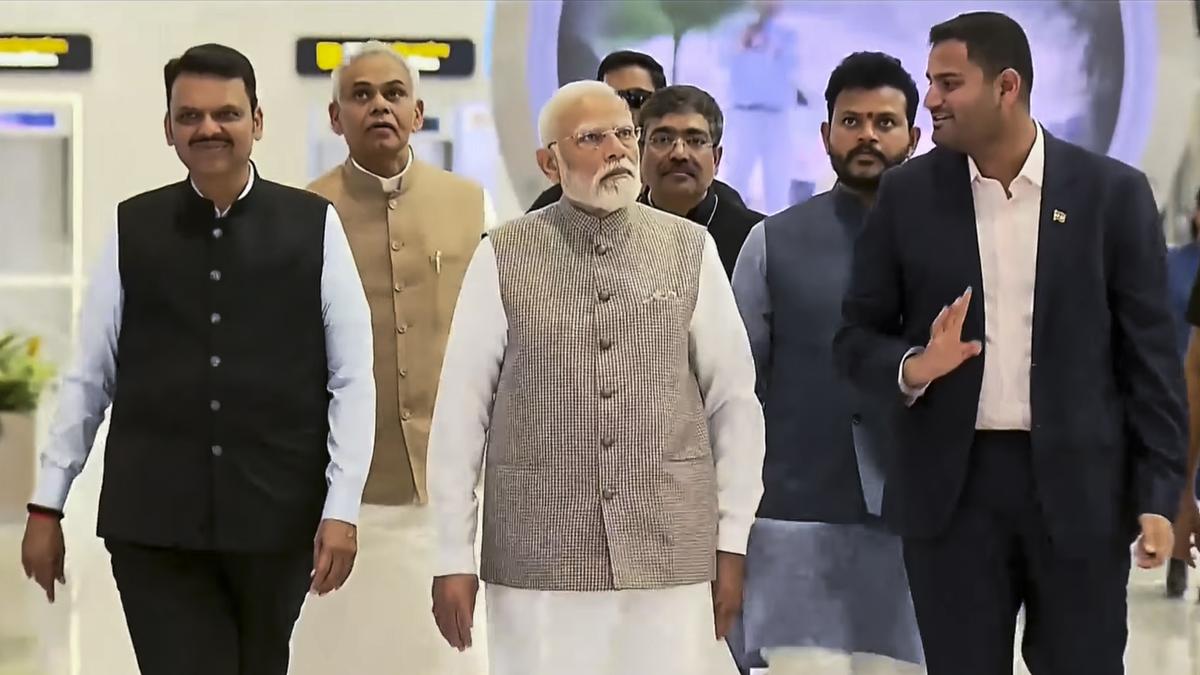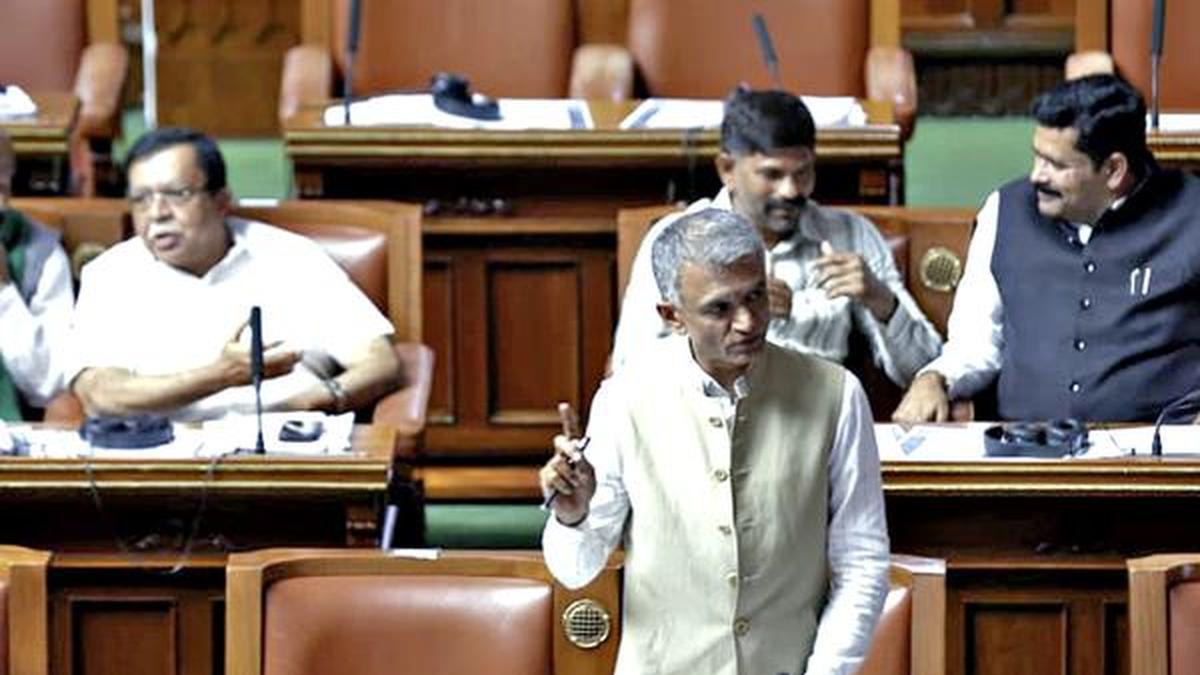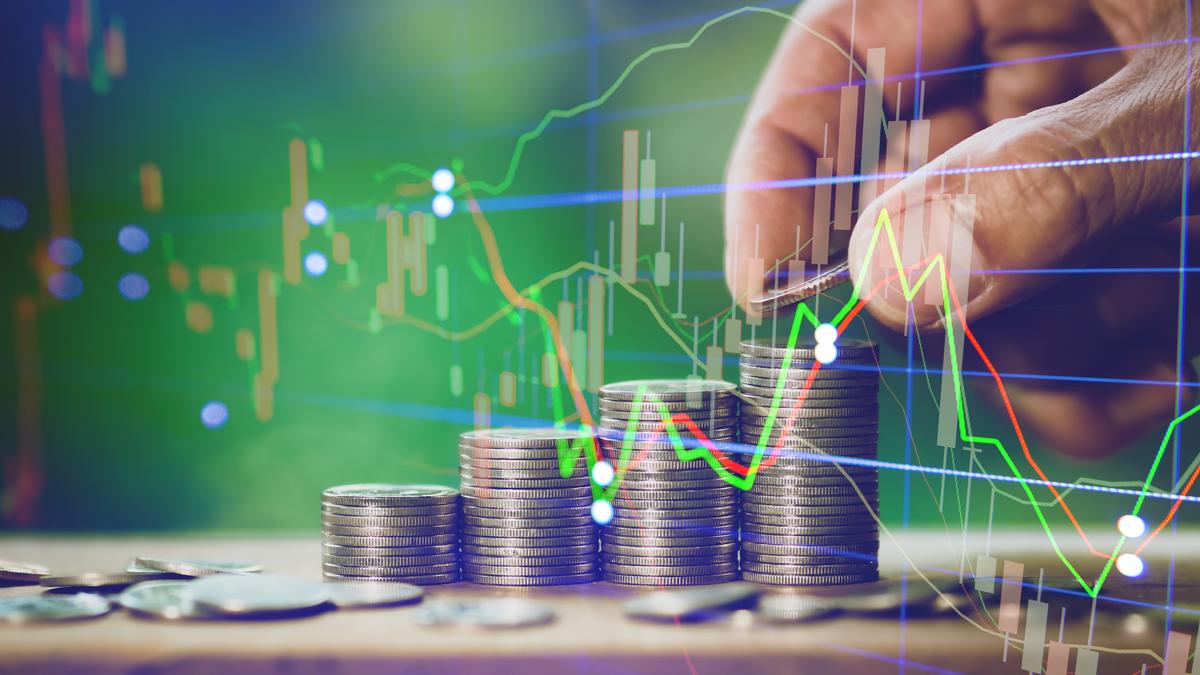Prime Minister Narendra Modi on Wednesday (October 8, 2025) inaugurated the first phase of the Navi Mumbai International Airpor (NMIA) and said this airport would play a major role in establishing the region as one of Asia’s largest connectivity hubs.
He also remarked that this new airport would connect Maharashtra’s farmers to supermarkets in Europe and the Middle East, enabling fresh produce, fruits, vegetables, and fishery products to reach global markets swiftly.
He noted that the airport would reduce export costs for nearby small and medium industries, boost investment, and lead to the establishment of new enterprises.
The greenfield NMIA is built at a cost of around Rs. 19,650 crore. It is expected to be operational in December this year.
Also Read | PM Narendra Modi inaugurates final phase of Mumbai’s first fully underground Metro 3
As the second international airport for the Mumbai Metropolitan Region, NMIA will work in tandem with Mumbai’s Chhatrapati Shivaji Maharaj International Airport (CSMIA) to ease congestion and elevate Mumbai into the league of global multi-airport systems.
To be run by the Adani Group, the airport, designed to be among the most efficient in the world with 1160 hectors area, will eventually handle 90 million passengers annually (MPPA) and 3.25 million metric tonnes of cargo.
Among its unique offerings is an Automated People Mover (APM), a transit system planned to connect all four passenger terminals for smooth inter-terminal transfers, as well as a landside APM linking the city-side infrastructure.
Prime Minister Narendra Modi took a walkthrough of the newly constructed Phase 1 of the Navi Mumbai International Airport (NMIA). (X/@NarendraModi)
In line with sustainable practices, the airport will feature dedicated storage for Sustainable Aviation Fuel (SAF), solar power generation of approximately 47 MW, and EV bus services for public connectivity across the city.
NMIA will also be the first airport in the country to be connected by Water Taxi.
In his speech, Mr. Modi highlighted that India has now become the world’s third-largest domestic aviation market. He affirmed to establish India as a major MRO (Maintenance, Repair, and Overhaul) hub by the end of this decade.
Mr. Modi also launched and dedicated various developmental projects in Mumbai including the last phase of the underground metro called Aqua Line.
Stating that this project would make connectivity faster, he hit out at the erstwhile Uddhav Thackeray led state government for allegedly halting and delaying the project which led to cost and time over run.
The Prime Minister also stated that Mumbai, being India’s financial capital and one of its most vibrant cities, was targeted by terrorists in the 2008 attacks. He remarked that the government in power at the time sent a message of “weakness” and appeared to surrender before terrorism.
Referring to a recent revelation by a senior Congress party leader and who was a former Home Minister, Mr. Modi stated that after the Mumbai attacks of 2008, India’s armed forces were ready to strike Pakistan but (according to the Congress leader) the government halted the military response due to pressure from a foreign country. He did not name the leader nor the foreign country.
The Prime Minister demanded that the opposition party clarify who influenced this decision, which he said undermined the sentiments of Mumbai and the nation.
He asserted that the opposition party’s weakness emboldened terrorists and compromised national security, a cost the country paid with innocent lives.
“For our government, nothing is more important than the security of the nation and its citizens”, the Prime Minister said adding , that today’s India responds with strength and strikes back within enemy territory, as witnessed and acknowledged globally during Operation Sindoor.
He highlighted that recent next-generation reforms in GST have made several goods more affordable, further enhancing the purchasing power of the people.
Citing market data, he noted that this Navratri season broke multi-year sales records, with record numbers of people purchasing scooters, bikes, televisions, refrigerators, and washing machines.
Published – October 08, 2025 04:28 pm IST




